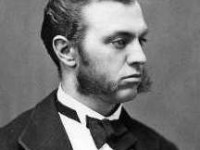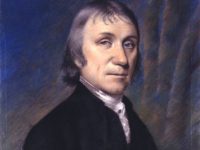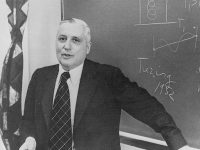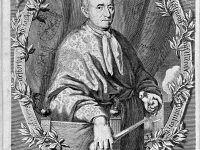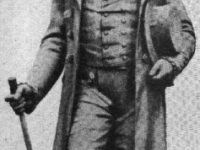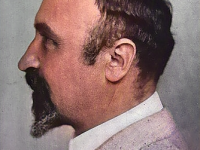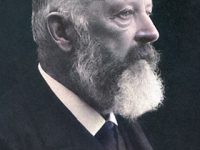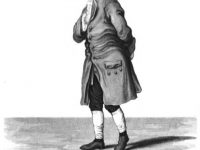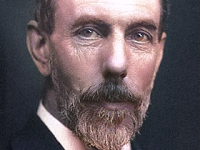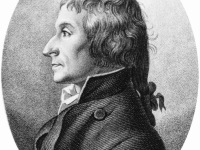Ira Remsen and the Discovery of Saccharin
On February 10, 1846, American chemist Ira Remsen was born. Along with his student Constantin Fahlberg, Remsen discovered the artificial sweetener saccharin working on coal tar derivatives. “Be a physical chemist, an analytical chemist, an organic chemist, if you will; but above all, be a chemist.” – Ira Remsen, as quoted in [8] Ira Remsen – Early Years Ira Remsen was born in New York City. His parents were both descended from…
Read more

